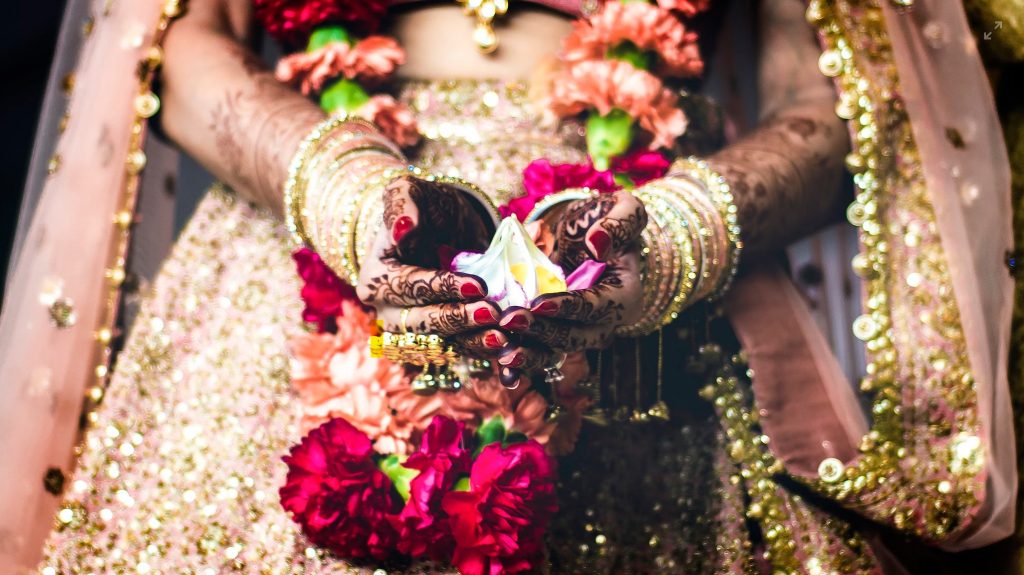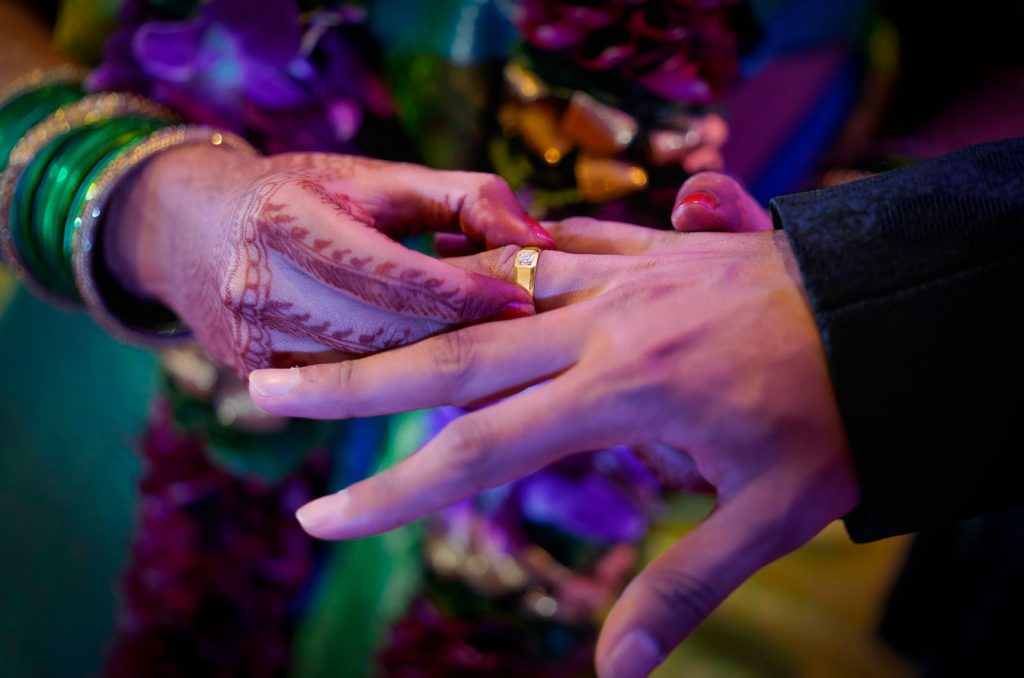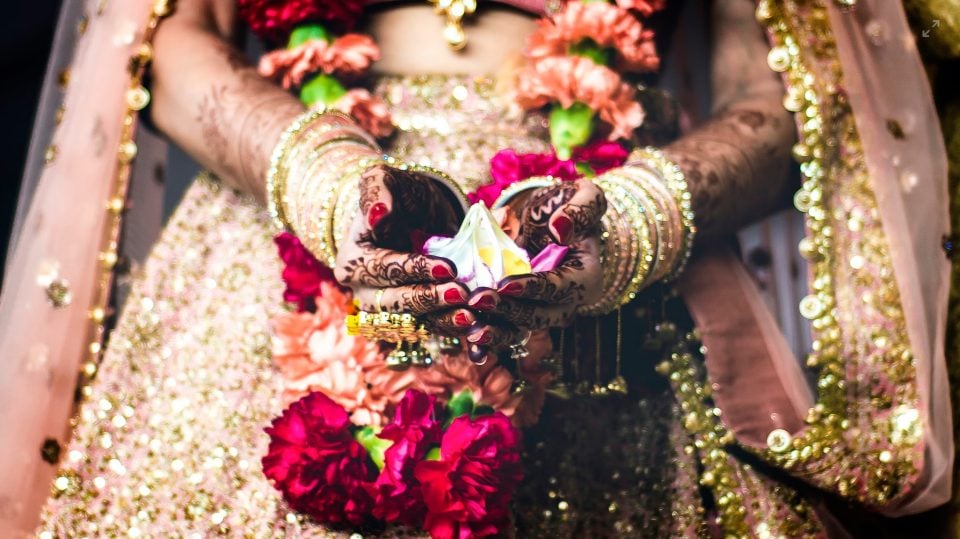
Indian weddings are big! In size, extravagance and revenue. A single set of nuptials can generate millions for a destination and the Middle East’s tourism leaders want in on that matrimonial money.
So, slip on a sari and let the celebrations begin. Here’s everything you need to know about Indian weddings and the Middle East:
Why are Indian weddings so important to the Middle East?
To put it simply and succinctly: money. Or if we were to add a second word: big money.
When the wedding season commences on 12 November 2024, around 4.8 million Indian nuptials are expected to take place, bringing in an estimated revenue of $70.4 billion, according to a study by Confederation of All India Traders (CAIT). To put that into context, that is almost double the tourism revenue generated by one of the fastest growing tourism destinations, Saudi Arabia, in the first half of 2024.
It’s a lot of money! And as such, it should come as no surprise that Middle Eastern tourism leaders are securing their share.
How is the Middle East appealing to Indian couples?
According to Skift, the UAE was among the first destinations, along with Thailand and Europe, to see the potential in India’s ultra-high-networth couples.
The Emirates was among the first in the region to create wedding packages specifically for Indian couples and personalise its amenities to meet couple’s requirements. In May this year, Abu Dhabi Convention and Exhibition Bureau with the Department of Culture and Tourism, also launched a new visa specifically for Indian couples and showcased the city’s potential as a wedding destination at this year’s Abu Dhabi Wedding Show.
Recently, the city of Ras Al-Khaimah created new packages and experiences with world-class amenities to extend its share of Indian weddings, while Dubai is working with wedding planners to make it as easy as possible for engaged individuals to tie-the-knot in the skyrise city.
Outside the UAE, Bahrain, crowned wedding destination earlier this year, is also vying for a larger slice of the market by exhibiting itself as a boutique destination offering personalised service, cultural experiences, diverse venues and historic landscapes. Meanwhile, Saudi Arabia will no doubt include Indian weddings in future editions of ‘Riyadh Season’, an annual entertainment and tourist festival that will feature 300 mass weddings this year.
Why should the Middle Eastern travel industry care about Indian weddings?
Aside from the big bucks, weddings are a new avenue of business for the entire Middle Eastern travel industry.
From hoteliers to wedding venues, tour operators, ride-share drivers, catering businesses, florists, and even travel agents, it is a lucrative market to tap into.
There are many ways the industry can cater to the market, but the key approach would be to create personalised packages and bulk deals for larger groups.
Travel agents should be prepared to answer any questions around visa requirements for the couple and their guests, and could consider pairing up with a wedding planner to tackle both the event and the travel plans together.
The entire industry should also read up on what sets Indian weddings apart from other nuptials and the requirements for specific ceremonies.
To help you out, here…
What’s required for a traditional Hindu wedding?

Before you can guide an Indian couple on their destination wedding, it’s important to know the ins and outs of their celebrations. Or at least the basics.
Somewhat like Middle Eastern weddings, Hindu nuptials roll out in stages. Except their celebrations don’t just fall on a single day, but rather can stretch out over three to five days.
While ceremonies vary among Hindu communities, some of the bigger events included in the Vivāha, a.k.a. the sacred union of marriage, can be broken down as follows:
Day 1:
- The Baraat sees the groom arrive at the bride’s house in a way that’s as loud or subtle as he chooses. In other words, he could arrive on elephant back or a car.
- The groom and his family is welcomed by the bride’s people and ‘Milni’ is exchanged – flower garlands as well as gifts of cash and clothes.
- The Ganesh Puja, a prayer requesting a successful union, then begins. The Ganesh Puja is performed by a religious leader and signals the start of the wedding rituals.
- The Ganesh Puja is usually followed by a Mehndi during which the bride along with her friends and family will have intricate henna patterns drawn on their bodies – generally their hands and feet. The application of the henna ‘tattoos’ (as they’re often referred to) acts as a symbol for a blissful marriage, fertility and positivity.
- Day one usually wraps up with a Sangeet Night, a music-filled party with dancing, singing and music.
Day 2:
- The second day of pre-wedding ceremonies is about purification and bringing about prosperity via a Grah Shanti ritual. The ritual is the final step before the couple enters married life and is conducted with the bride and groom in their respective houses with their families. Surrounded by flowers and other colourful, elaborate decorations, priests will pray over the two individuals to ensure they planets are aligned for a happy life together.
Day 3:
- The big day! Much like other cultures, the nuptials conclude with one last religious ceremony followed by a big, fun party. After two-three days of cultural events and impressing the soon-to-be in laws, Hindu wedding receptions are made to let loose with music from both the Eastern and Western world, speeches, pre-rehearsed dance routines and even sometimes, karaoke.
So now that you know some of the cultural details behind a Hindu wedding, happy planning!



